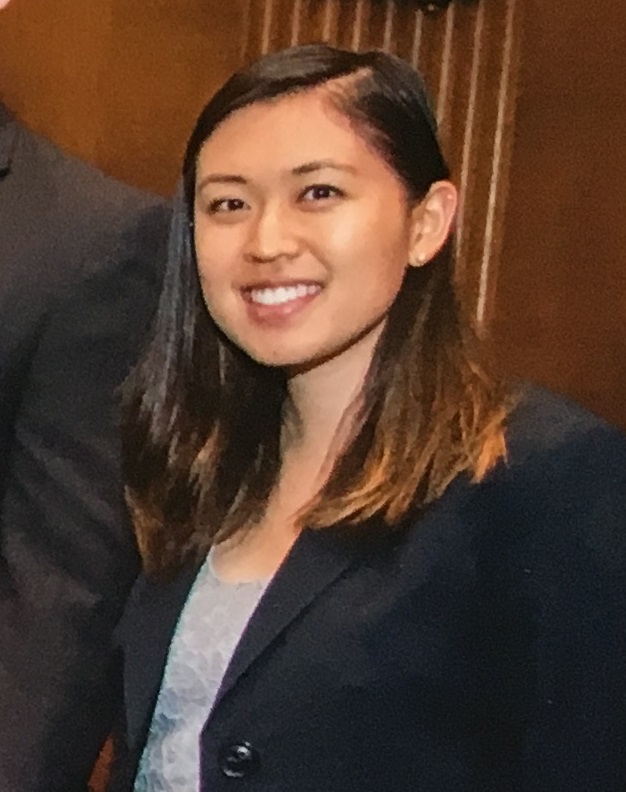I entered medical school with a simple, intense desire to take care of others. A naturally, sometimes overbearingly caring person with a penchant for science, I had dreamed of becoming a physician since middle school. My naiveté was quickly slapped by reality when I realized that people enter medicine for many other reasons—prestige, job stability, income, or a genuine fascination with science that sometimes overlooks human suffering. This crumpled my idealistic view of the world a little; yet I have since learned to celebrate everyone's presence and to focus instead on thriving in my ability to care for those around me, the reason I pursued a career in medicine. Raised in a deferential culture, one hurdle of my personal journey has been learning to speak up, loudly, about the issues that break my heart or make me extremely upset. If I can do this, everyone else can, too.
There is no need to reinvent the wheel—no need to sacrifice your precious study time creating entirely new organizations when many successful, productive groups of organized medicine exist. Their effectiveness is often enabled by their multidisciplinary membership, ranging from trained lobbyists and policy researchers to passionate patient storytellers. Join in where you are a unique expert—as a medical student, also known as the future physician workforce! You will be pleasantly surprised at how powerful your voice is, and how many people want to hear your opinions. Advocacy groups exist at every level from local and state to national, as well as by specialties or specific interests. Through local medical societies, I organize hands-on community service and local town halls.
Earlier this year, I attended the American College of Physicians (ACP) Leadership Day on Capitol Hill with a team of past and present ACP governors, residents, and fellow medical students. It was empowering enough to engage in conversation about issues from the opioid epidemic to chronic disease management with legislators; it was even more impactful to observe the experienced and well-versed physicians do so. This is true learning outside of the classroom. Learning how to advocate on the ground, with the health care policymakers of our country, is invaluable. Regardless of what field of medicine I enter, I am certain that patient advocacy will be a large part of my future. No feeling compares with working for a purpose greater than yourself, and waking up every day to continue fighting.
Want more action? As a student who likes to see tangible results, I understand. With 30 minutes of my life, a couple emails, printing scripts, enthusiastic friends, and my phone, I was able to put together a lunchtime advocacy campaign at my school. With the medical student–run organization Protect Our Patients, we distributed materials on office contact information for our representatives, easy scripts for my classmates to call to speak out about their opinion on the recent health care reform initiatives, and to share their own stories. Many colleagues shared with me that this was their first time ever calling a representative, and they never realized how easy it is. A fellow classmate even shared printouts of our local representatives' phone numbers that we all now have on our fridges at home. Anytime you are upset about an issue, you can call and have your opinion heard in a couple of minutes. The return on my 30 minutes was tenfold and has been one of the most rewarding experiences of medical school thus far. There is a reason I am here, and with a little nudge, I am reminded that those around me really do care, too.
Once you get started, you will not be able to stop. You find purpose and meaning in the chaos and anger around you. As a mentor once shared with me, “Once you see it, how can you ever look away?” Once you see unnecessary lives lost, the glaring inequality in our communities, how can you possibly do nothing?
Whatever stage of life you are in, it is never too late to step up and fulfill the true potential of your voice. If there is anything that you care about, I hope you raise this passion. Live every moment, every conversation, as if there is a microphone under your tongue. Every word you utter, every behavior you endorse, is heard and seen by those around you, and will perpetuate like ripples in a pond. To conclude with words of someone far more wise than I, Muhammed Ali, “Impossible is just a big word thrown around by small men who find it easier to live in the world they've been given than to explore the power they have to change it.”
| Charlene Gaw 3nd year, Mayo Clinic School of Medicine |
 |
Back to the December 2017 issue of ACP IMpact

